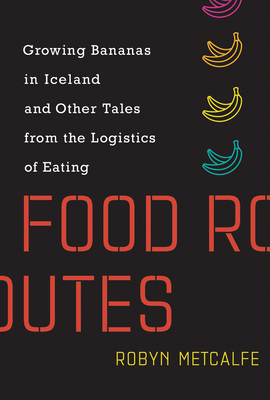Expedite your nonfiction book discovery process with Readara interviews, summaries and recommendations, Broaden your knowledge and gain insights from leading experts and scholars
In-depth, hour-long interviews with notable nonfiction authors, Gain new perspectives and ideas from the writer’s expertise and research, Valuable resource for readers and researchers
Optimize your book discovery process, Four-to eight-page summaries prepared by subject matter experts, Quickly review the book’s central messages and range of content
Books are handpicked covering a wide range of important categories and topics, Selected authors are subject experts, field professionals, or distinguished academics
Our editorial team includes books offering insights, unique views and researched-narratives in categories, Trade shows and book fairs, Book signings and in person author talks,Webinars and online events
Connect with editors and designers,Discover PR & marketing services providers, Source printers and related service providers

Food Routes: Growing Bananas in Iceland and Other Tales from the Logistics of Eating
Social Science > Agriculture & Food (see also Political Science - Public Policy - Agricultur
- MIT Press
- Paperback
- 9780262539524
- 8.7 X 5.6 X 0.6 inches
- 1.1 pounds
- Social Science > Agriculture & Food (see also Political Science - Public Policy - Agricultur
- (Single Author) Asian American
- English
Readara.com
Book Description
Even if we think we know a lot about good and healthy food--even if we buy organic, believe in slow food, and read Eater--we probably don't know much about how food gets to the table. What happens between the farm and the kitchen? Why are all avocados from Mexico? Why does a restaurant in Maine order lamb from New Zealand? In Food Routes, Robyn Metcalfe explores an often-overlooked aspect of the global food system: how food moves from producer to consumer. She finds that the food supply chain is adapting to our increasingly complex demands for both personalization and convenience--but, she says, it won't be an easy ride.
Networked, digital tools will improve the food system but will also challenge our relationship to food in anxiety-provoking ways. It might not be easy to transfer our affections from verdant fields of organic tomatoes to high-rise greenhouses tended by robots. And yet, argues Metcalfe--a cautious technology optimist--technological advances offer opportunities for innovations that can get better food to more people in an increasingly urbanized world.
Metcalfe follows a slice of New York pizza and a club sandwich through the food supply chain; considers local foods, global foods, and food deserts; investigates the processing, packaging, and storage of food; explores the transportation networks that connect farm to plate; and explains how food can be tracked using sensors and the Internet of Things. Future food may be engineered, networked, and nearly independent of crops grown in fields. New technologies can make the food system more efficient--but at what cost to our traditionally close relationship with food?
Author Bio
Dr. Robyn Metcalfe is a Lecturer in the College of Natural Sciences at The University of Texas at Austin. She is an author, producer, and researcher, exploring our global food system. She was the Founder and Director of Food+City, an innovative project that explored the future of our food system. Food+City produced a Food Startup Challenge Prize in Austin, Texas for five years.
Her books include The Humans in Our Food, Food Routes, Meat, Commerce and the City, and The New Wizard War. She writes for publications such as The Wall Street Journal, TechCrunch, and Science Magazine and participates in podcasts and conferences. Her latest film is The Long Coast, which premiered in 2020 at The Camden International Film Festival.
Dr. Metcalfe’s past careers include publishing with Sunset Magazine and strategic planning with Arthur D. Little, Inc. She founded a working conservation farm, Kelmscott Rare Breeds Farm in Maine where she actively conserved heritage livestock for ten years.
She received her BA in American Studies from The University of Michigan and a MA and PhD from Boston University in History, with a concentration in Modern European food history. Robyn is a runner and has completed races across six deserts. Not desserts.
Source: The University of Texas at Austin
Videos








Community reviews
No Community reviews

